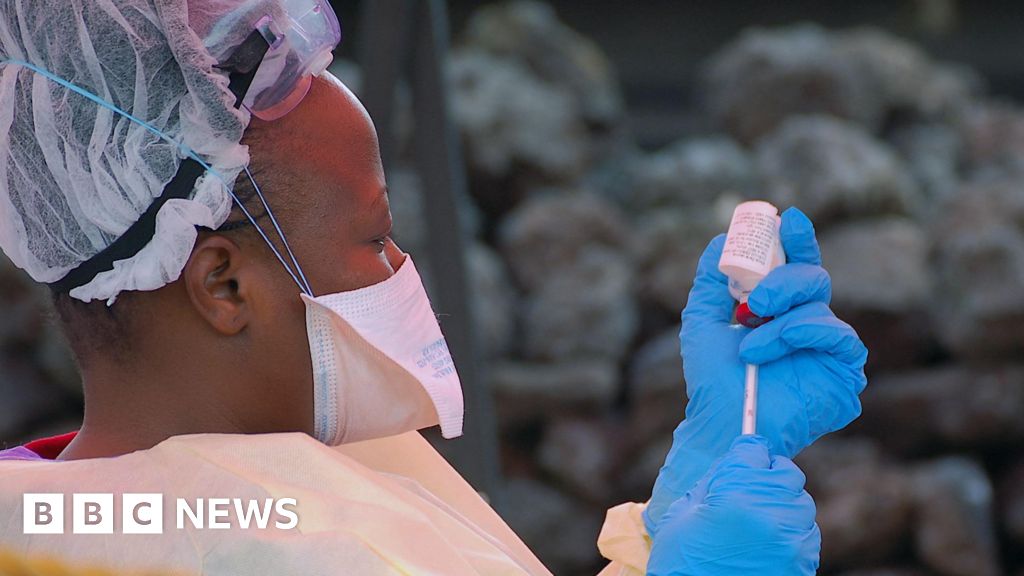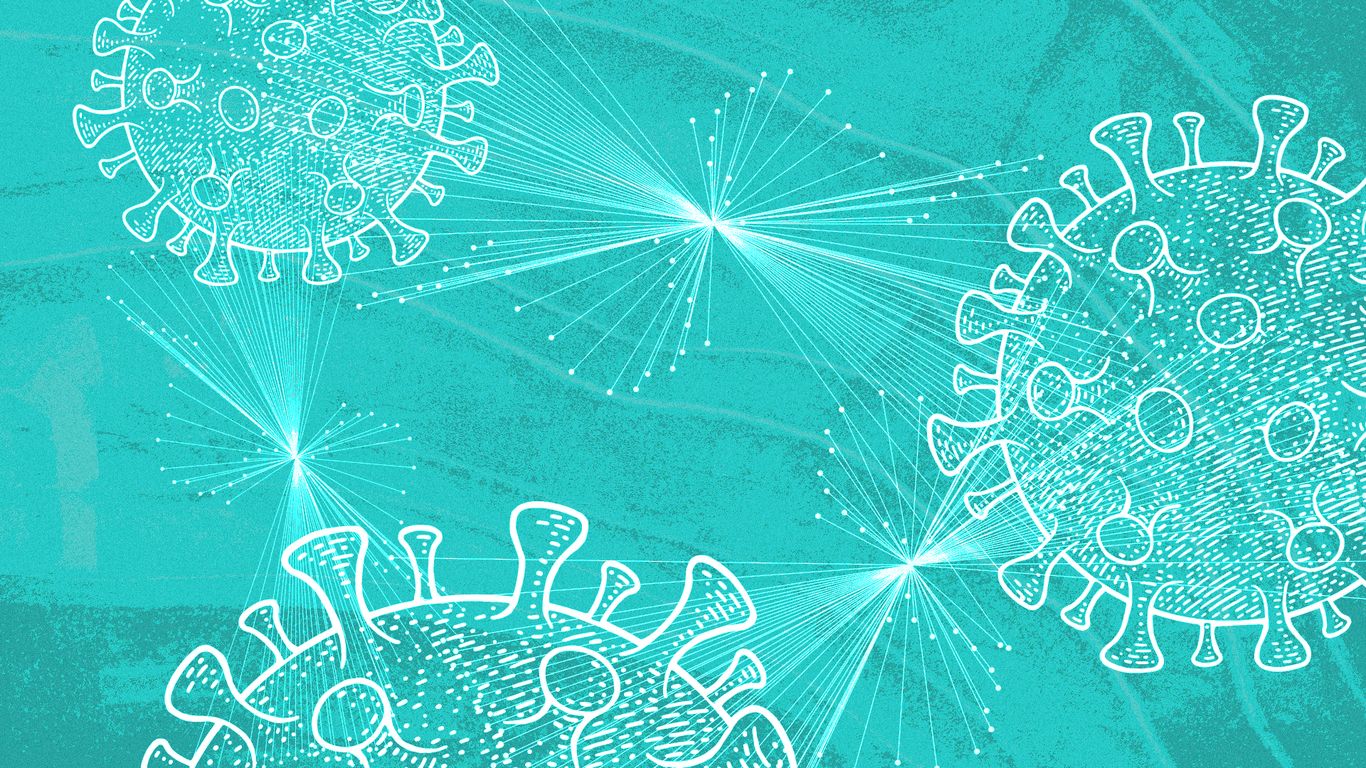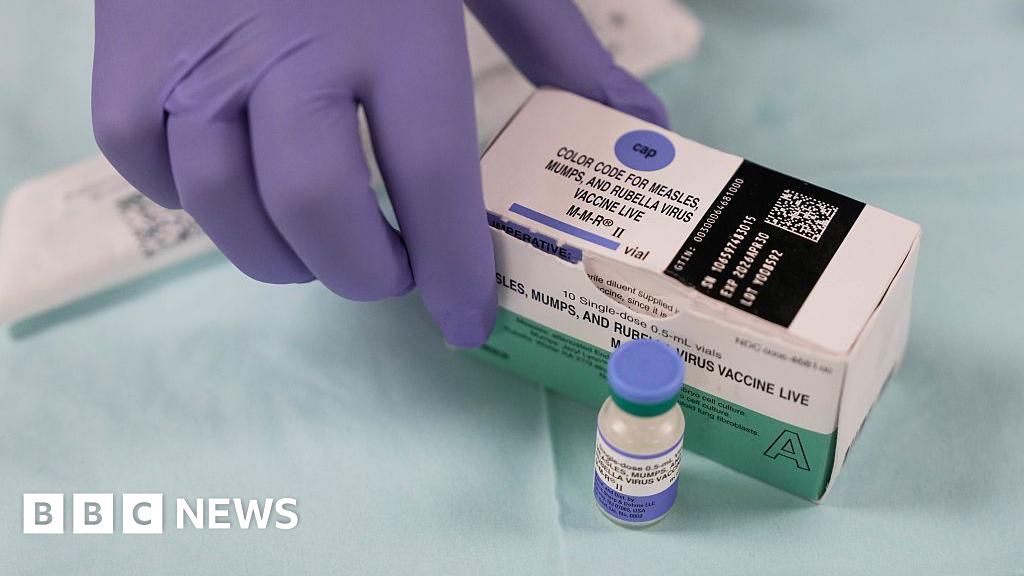Ebola Outbreak in DR Congo: Urgent Measures to Protect Against Deadly Virus

Introduction
A new outbreak of Ebola has been reported in the Democratic Republic of Congo, resulting in the death of 15 individuals. This has raised concerns among health officials, who are urging people to take preventive measures to protect themselves from the deadly virus.
The Situation in DR Congo
This is not the first time that DR Congo has been hit by an Ebola outbreak. The country has a history of battling with the virus, with the last outbreak in 2018 claiming over 2,000 lives. The current outbreak has been confirmed in the North Kivu province, with additional cases being reported in the neighboring Ituri province. The World Health Organization has already deployed a team to the affected areas to help contain the spread of the virus.
Taking Preventive Measures
In light of this new outbreak, health officials are advising people to take necessary precautions to protect themselves and their loved ones. These include regular hand washing, avoiding contact with infected individuals, and seeking medical help immediately if symptoms of the virus are detected. The use of personal protective equipment, such as masks and gloves, is also recommended for individuals who may come in contact with infected persons.
About the Organizations Mentioned
World Health Organization
The World Health Organization (WHO) is a specialized agency of the United Nations, established in 1948, with a mandate to promote global health, coordinate international responses to public health threats, and set standards for health policies and interventions[2]. Headquartered in Geneva, Switzerland, WHO operates in over 150 countries, working with governments, NGOs, and other partners to advance health equity, strengthen health systems, and respond to health emergencies. ## What WHO Does WHO’s core activities include monitoring global health trends, setting international health standards, providing technical assistance to countries, and serving as a forum for scientific and policy discussions on health issues[2]. The organization publishes influential reports such as the annual **World Health Statistics**, which tracks progress toward Sustainable Development Goals (SDGs) and provides a global “health report card”[1][8]. WHO also maintains the Model List of Essential Medicines, guiding countries on which drugs are most critical for public health[7]. In addition, WHO leads global campaigns on issues ranging from infectious disease eradication to noncommunicable diseases (NCDs), maternal and child health, and health emergencies[2][6]. ## History and Key Achievements WHO’s history is marked by landmark achievements, including the eradication of smallpox, near-eradication of polio, and the development of an Ebola vaccine[2]. The organization played a pivotal role in responding to the COVID-19 pandemic, coordinating global research, vaccine distribution, and public health guidance. In May 2025, WHO member states adopted the world’s first **Pandemic Agreement**, a historic step to improve international coordination and equity in future health crises[4]. WHO also spearheads initiatives like the Triple Billion Targets (healthier lives, universal health coverage, and protection from health emergencies) and technical policy packages targeting tobacco, alcohol, salt, and trans fat reduction[1][2]. ## Current Status and Notable Aspects WHO is currently implementing its **Fou













